The field of synthetic biology is rapidly evolving, blurring the lines between traditional scientific disciplines and demanding a new breed of professionals. Synthetic biologists are no longer confined to lab benches; they are becoming architects of biological systems, requiring a diverse skill set that spans multiple domains. This shift has given rise to what industry experts now call the "cross-boundary skill map" for synthetic biologists—a dynamic framework that reflects the interdisciplinary nature of this cutting-edge field.
At its core, synthetic biology combines principles from biology, engineering, and computer science. However, the modern synthetic biologist must go beyond these fundamentals. Molecular biology expertise remains crucial, but it's now paired with computational modeling capabilities that would rival many software engineers. The ability to design genetic circuits using programming languages like Python or C++ has become as important as understanding central dogma processes.
The business acumen required in this field has grown exponentially. Synthetic biologists working in startups or corporate environments often find themselves navigating patent law, regulatory frameworks, and even venture capital pitching. Many successful professionals in the field have developed what some call "bilingual thinking"—the capacity to communicate complex biological concepts to investors and business stakeholders while maintaining scientific rigor.
Ethical considerations have moved from the periphery to center stage in synthetic biology. Professionals in this space must grapple with questions about biosecurity, environmental impact, and societal implications of engineered organisms. This has created demand for synthetic biologists with training in bioethics, philosophy, or even public policy—skills that were rarely associated with bench scientists in previous generations.
The manufacturing revolution brought about by synthetic biology requires knowledge of industrial-scale processes. Understanding how to scale up from microliters in a lab to thousands of liters in a production facility involves principles of chemical engineering, supply chain management, and quality control systems. This industrial perspective is becoming increasingly valuable as more synthetic biology products reach commercial markets.
Data science has become inseparable from modern synthetic biology. The field generates enormous datasets from DNA sequencing, protein expression analyses, and metabolic flux measurements. Professionals who can apply machine learning algorithms to optimize genetic designs or predict protein folding are gaining a significant competitive edge. This has led to an interesting phenomenon where synthetic biology teams often include members with more formal training in computer science than biology.
Collaboration skills have taken on new dimensions in this interdisciplinary environment. Synthetic biologists frequently work in teams that include chemists, engineers, computer scientists, and business professionals. The ability to understand enough of each discipline's language and concepts to facilitate productive collaboration has become a critical career skill. Some institutions have begun offering special courses in "interdisciplinary translation" specifically for synthetic biology students.
The educational pathways into synthetic biology are becoming more varied than ever before. While traditional biology or bioengineering degrees remain common entry points, we're seeing increasing numbers of professionals entering the field from computer science, materials science, or even design backgrounds. This diversity of perspectives is driving innovation but also reshaping what constitutes core competencies in the field.
Looking ahead, the skill map for synthetic biologists will likely continue expanding into unexpected territories. As the field matures, professionals may need to develop expertise in areas like intellectual property strategy, public engagement, or even art and design principles for creating biologically-based products. The synthetic biologist of the future might spend their morning debugging genetic code, their afternoon negotiating licensing agreements, and their evening explaining their work to policymakers—a far cry from the single-discipline scientists of the past.
This evolution presents both challenges and opportunities for educational institutions and employers. Universities are racing to develop curricula that can prepare students for this multifaceted profession, while companies are creating new organizational structures to support these hybrid professionals. One thing is certain: the synthetic biologists who thrive in this new landscape will be those who embrace lifelong learning and the constant expansion of their skill sets across traditional boundaries.
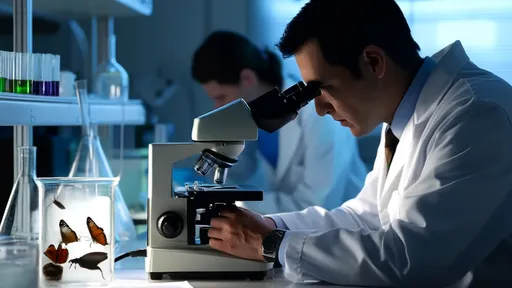
By /Aug 18, 2025

By /Aug 18, 2025
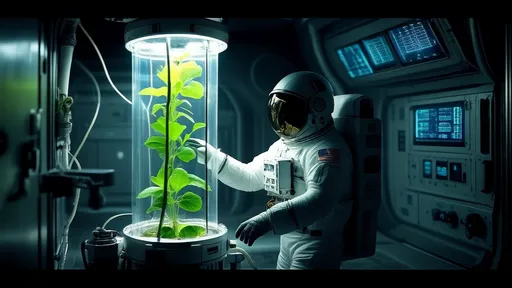
By /Aug 18, 2025
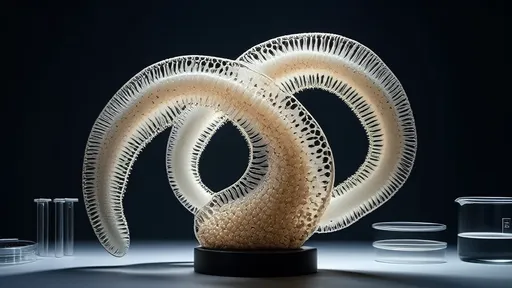
By /Aug 18, 2025
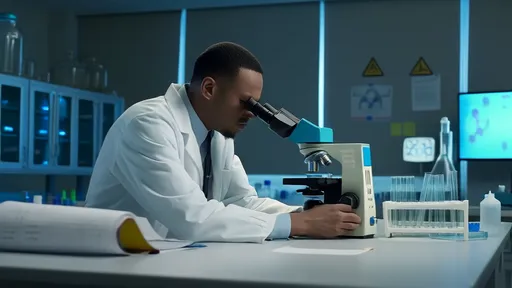
By /Aug 18, 2025
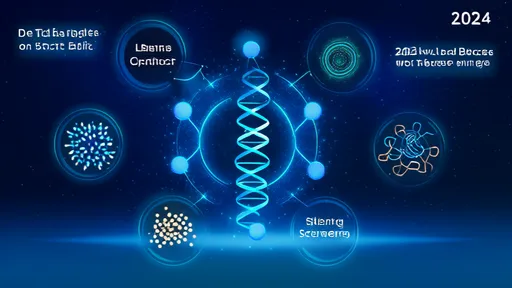
By /Aug 18, 2025

By /Aug 18, 2025

By /Aug 18, 2025
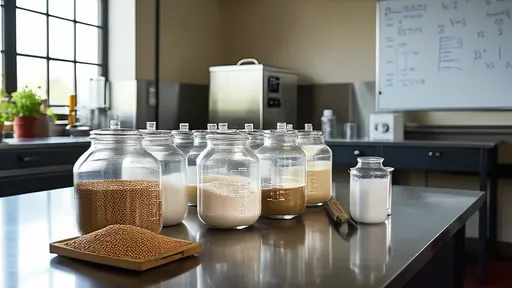
By /Aug 18, 2025
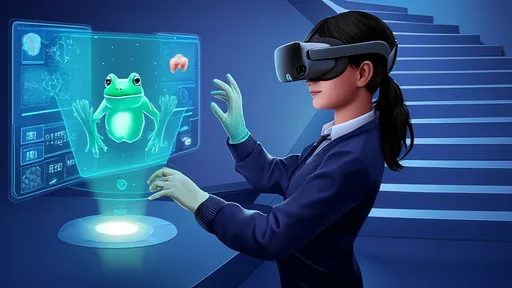
By /Aug 18, 2025

By /Aug 18, 2025
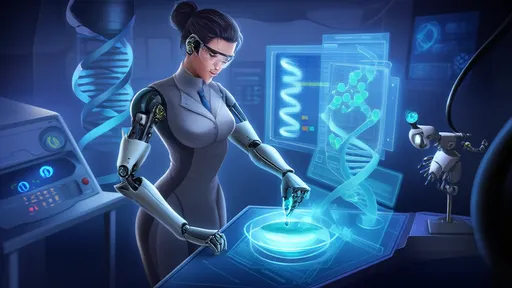
By /Aug 18, 2025
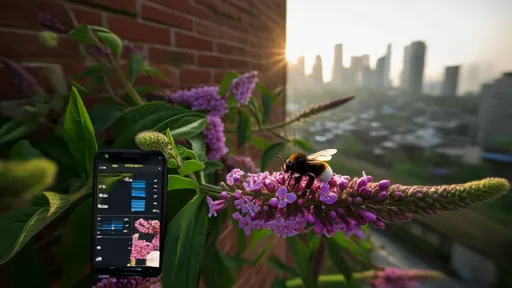
By /Aug 18, 2025
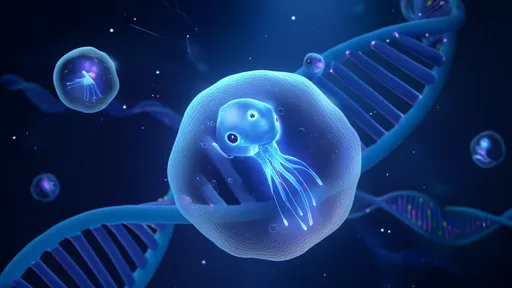
By /Aug 18, 2025
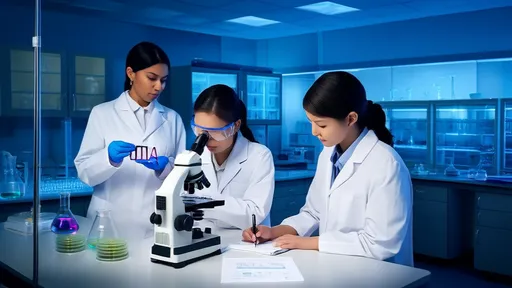
By /Aug 18, 2025
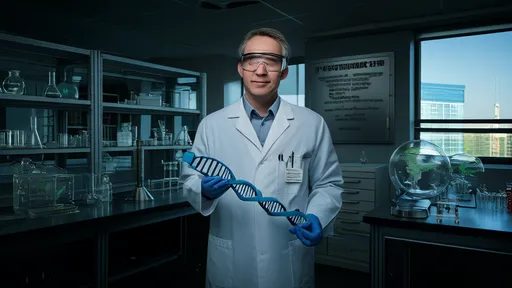
By /Aug 18, 2025
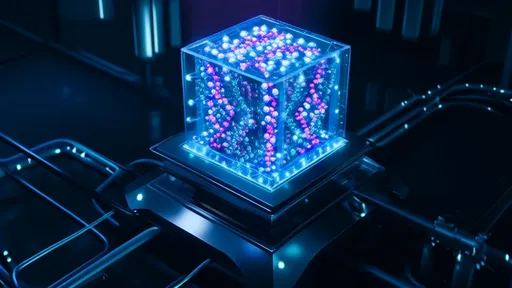
By /Aug 18, 2025
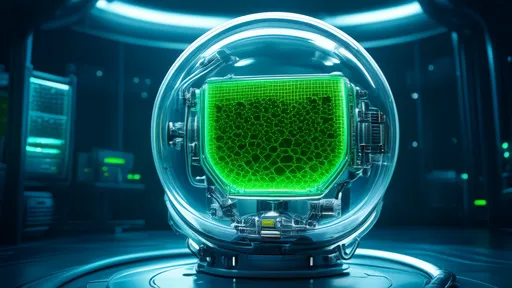
By /Aug 18, 2025
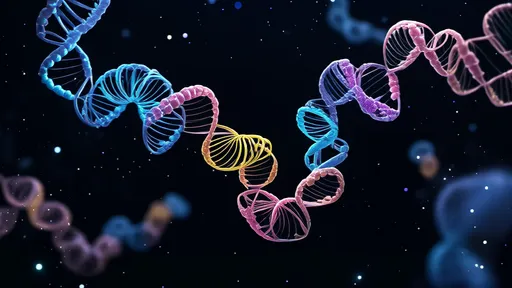
By /Aug 18, 2025
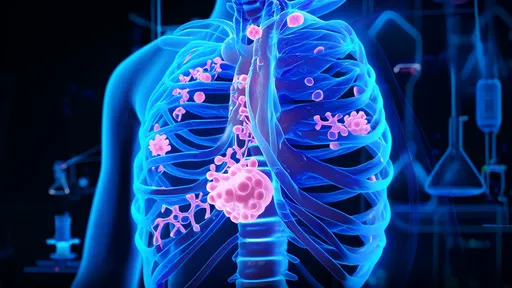
By /Aug 18, 2025